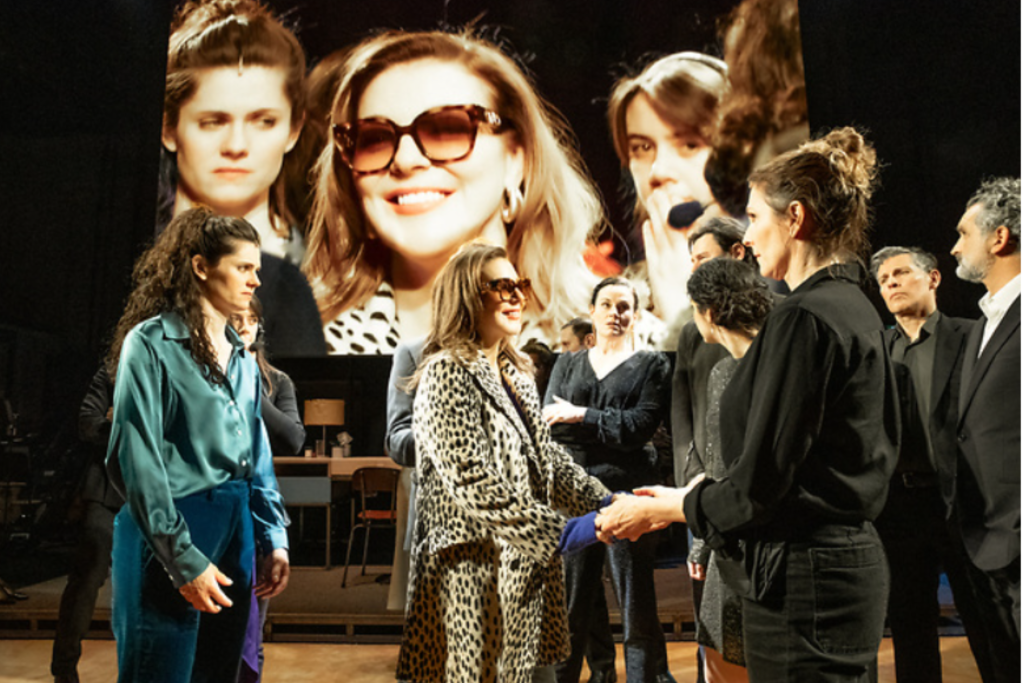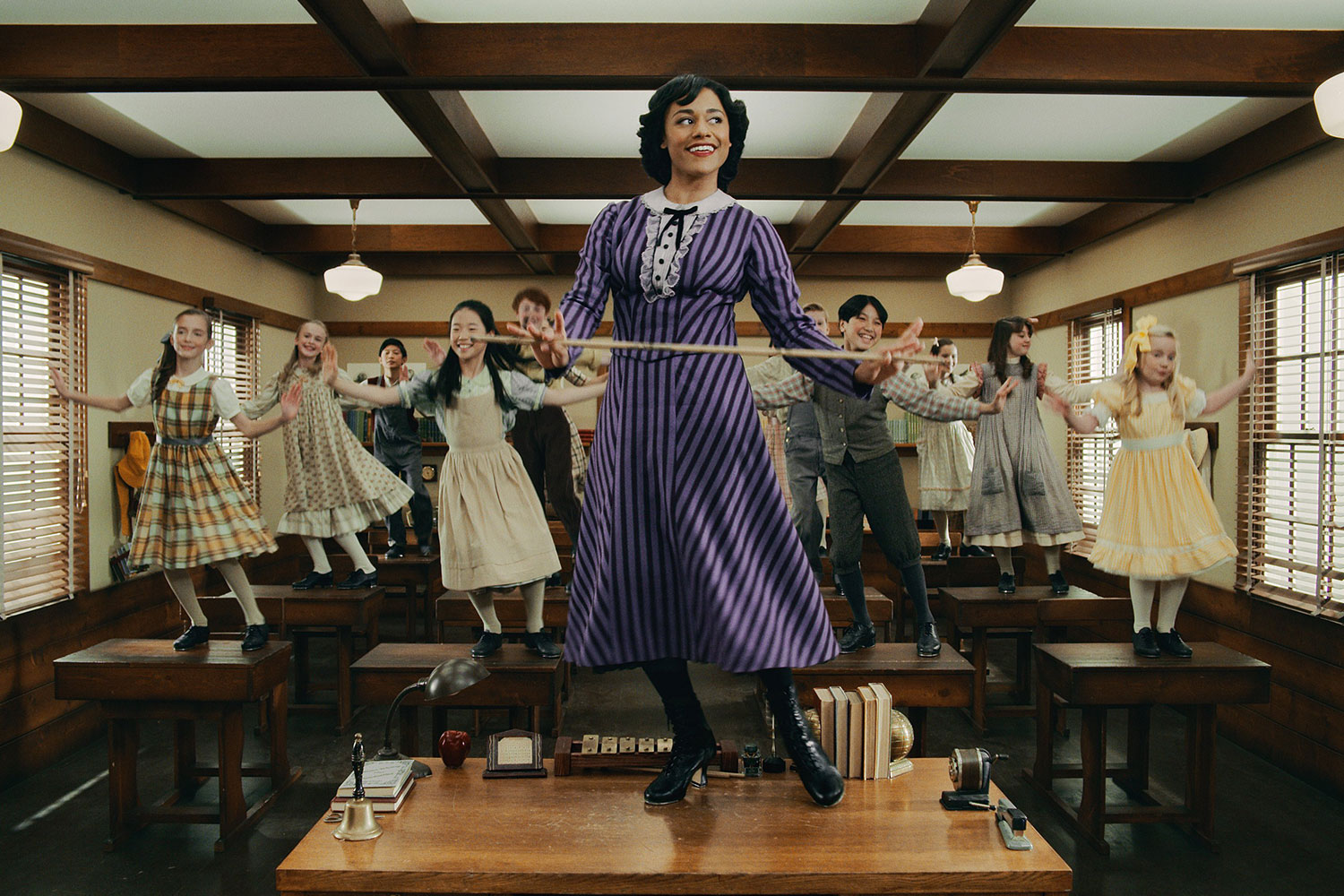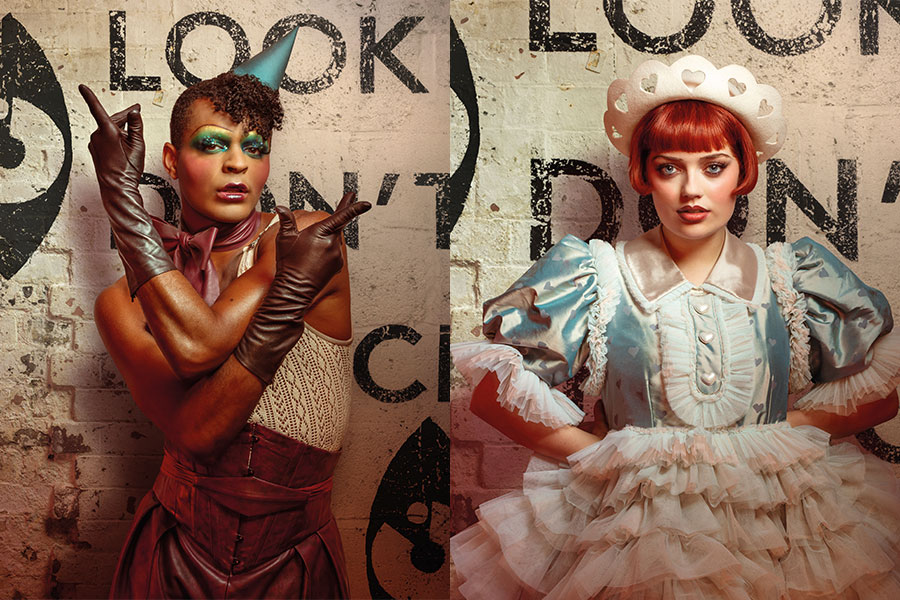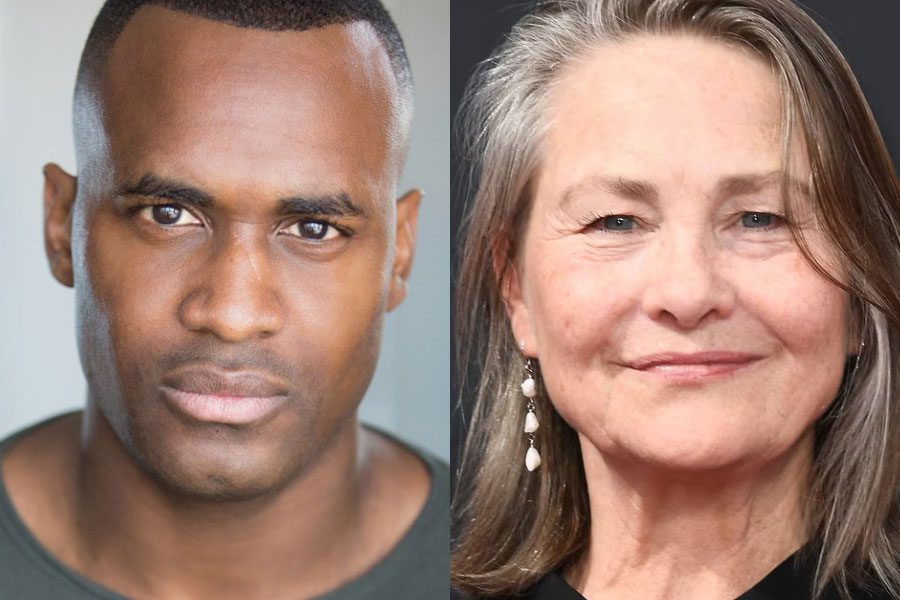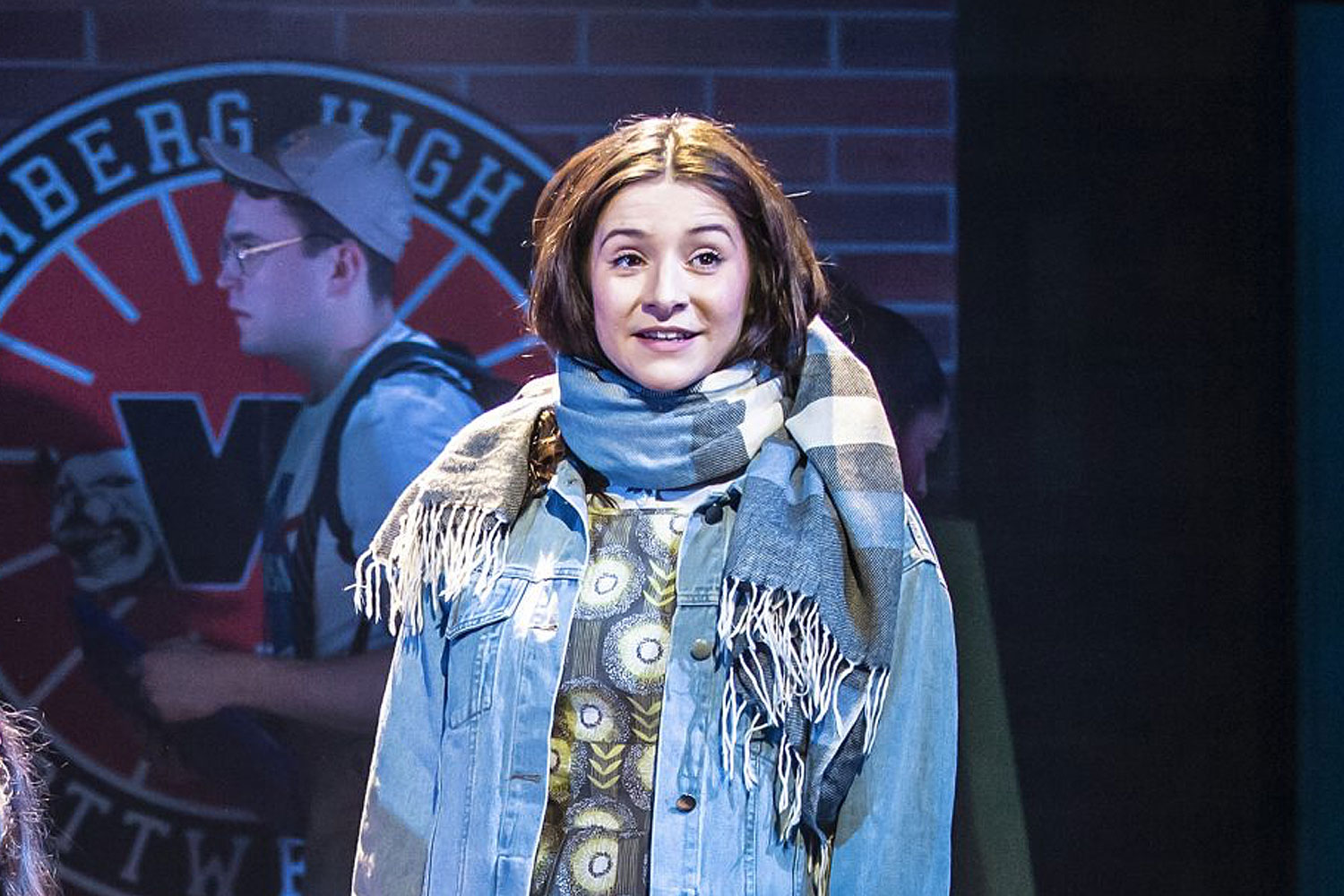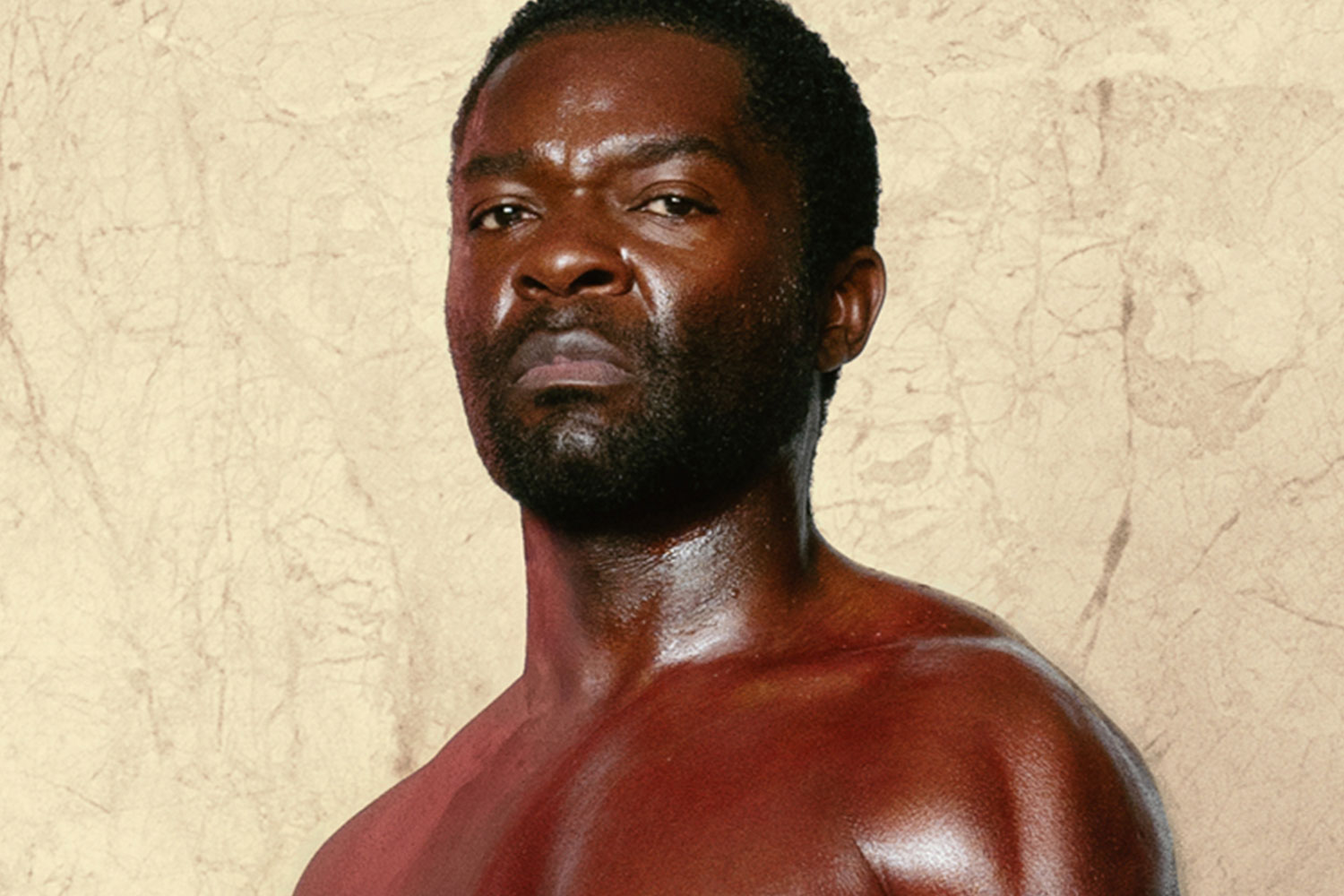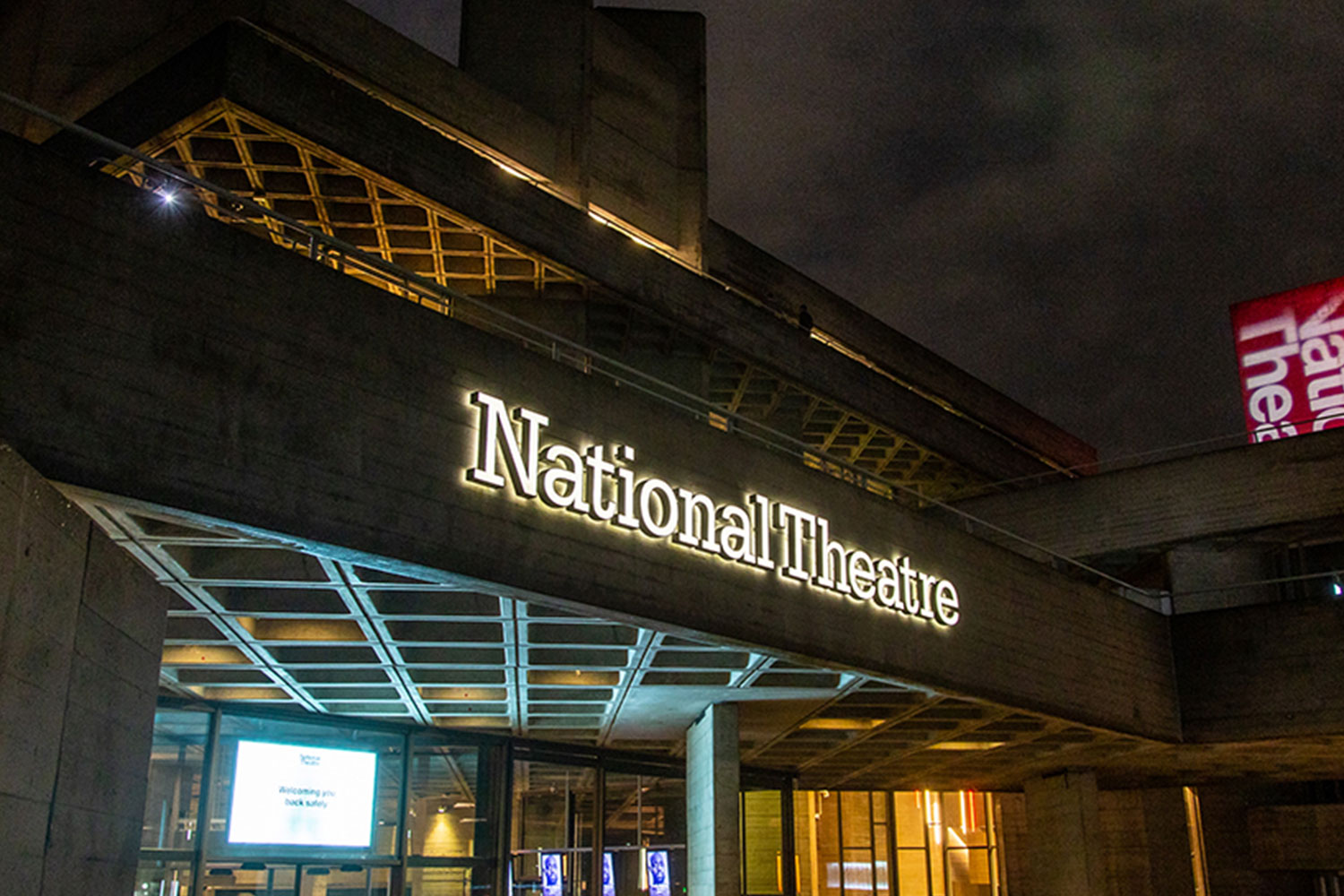Christopher Luscombe: "Chichester forces directors to be epic"
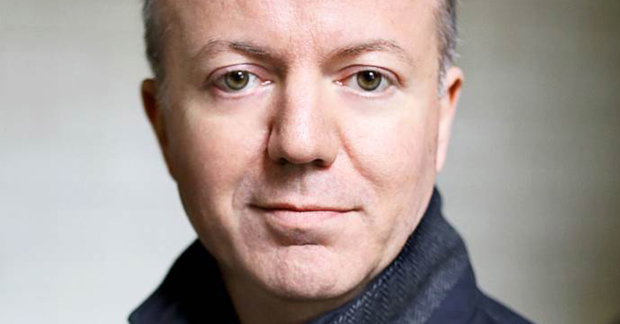
One of the most prolific modern directors working today, Christopher Luscombe is responsible for recent hits which include Nell Gwynn, the current touring production of The Rocky Horror Show, The Madness of George III, Spamalot and the new musical production of Travels With My Aunt. But Luscombe hasn’t always been a director, he began as an actor and has worked at stages such as the National Theatre, the Royal Shakespeare Theatre and many more. This year will be a very big one for the director, with productions at the Old Vic, Bath Theatre Royal and Chichester Festival Theatre, as his double bills of Much Ado About Nothing and Love's Labour's Lost transfer to the theatre, ahead of a West End run.
Why have you decided to put Love’s Labour’s Lost and Much Ado About Nothing together?
There’s a theory that Shakespeare has written a play called Love’s Labour’s Won but no one has ever been able to find the play. People think it could just have gone missing, or it might be that it is one of the well-known plays under a subtitle. The most plausible case to be made is Much Ado About Nothing. There are lots of things in common between Love’s Labour’s and Much Ado. Putting them together has never been done before and it’s a very fascinating experiment.
Having actually directed both together are you convinced?
No, I’m not really. I think it’s possible but I don’t think its definite. But what I do think is that they do have a lot in common. They also work very well as a pair. The ending of Love’s Labour’s Lost, which is an unhappy ending even though it’s a romantic comedy, is solved, in a way, by pairing it with Much Ado. They are a very delightful pair and it was a fantastic opportunity to direct two Shakespeare comedies with the same actors.
Is it right that you’ve set them so they come before and after WWI?
Yes, that was the Royal Shakespeare Company’s idea, because we actually presented them in 2014 so it was the centenary. But I used to be an actor and I have been in both of the plays; I knew them well and I immediately thought that was a really good idea. I leapt at the idea and then I thought I would set them both in the same stately home. I like setting Shakespeare in a very specific social location.
How has it been working with an ensemble of actors?
It’s great and they are a particularly wonderful ensemble. They really love the fact that they are playing two parts each – often very different parts. It stretches them and puts them outside their comfort zone. We have most of the company coming back which I think shows how much they enjoyed it the first time.
How long do you get to rehearse a big project like this?
It's two months for the revisiting, which sounds like a long time but when you divide it up between two Shakespeare plays it’s not that long. The first time round we had three months and that was a challenge.
You’re bringing the shows to Chichester Festival Theatre – which you know well…
I went to Chichester a lot as a child, we used to have a lot of family holidays in that part of the world. Some of my earliest theatre experiences were there in the mid to late '70s and I had very vivid memories of seeing great stars there. I went back as an actor there in the late '90s and one of the first things I directed was a lunch time show in the Minerva. I’m genuinely fond of the place, it means a lot to me to be there.
What is it about Chichester that people love so much?
It’s a very romantic setting, but I think both the main house and now the Minerva have a sense of excitement about them. One of the place's strengths is the unusual design of the main space. It doesn’t feel like any old theatre, it feels special. It forces directors to present something quite epic. I do think what Jonathan [Church] has done there has been extraordinary too. In the way he has developed the work and made it somewhere everyone wants to work.
How has it changed over the years?
It benefits from being set up in the '60s by Laurence Olivier as a sort of prototype National Theatre, so it had a very heavyweight start doing very good serious work. But I think when I was going in the ‘70s it became a try-out for the West End and particularly for lavish, glamourous revivals of plays which made it into the West End. It cornered the market in getting very big Hollywood stars over to do plays.
You’ve been there as an audience member, director and as an actor. What’s your favourite?
I think directing because the appeal for me has always been that you get to control the whole show. I used to love being an actor and I never thought I would stop. But once I had tasted the forbidden fruit of directing and discovered the joy of total control I just felt that I could never really step back from that.
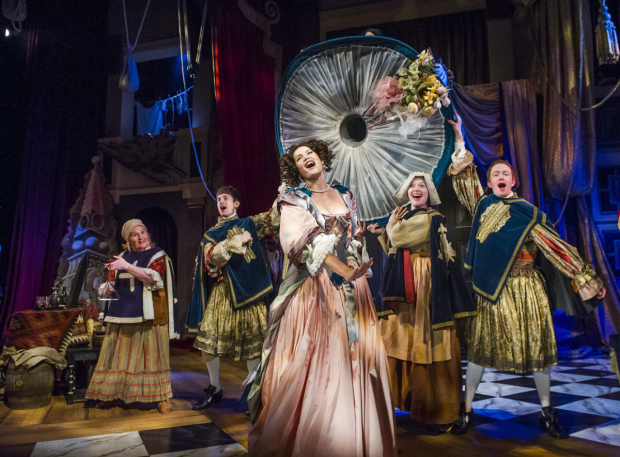
© Tristram Kenton
You directed Nell Gwynn, which was at the Globe before the West End, what is it like directing in a space without a roof?
It’s really difficult. You’re so exposed and planes go over but of course the rewards are so great. When it works it’s just fantastic, there’s nowhere like it. From the moment the curtain went up, as it were, it felt like the audience were on side. And then there was nowhere you’d rather be. I was quite apprehensive about putting it in the West End because I thought we would lose the Globe vibe. But we thought so carefully about how to transfer it, that we ended up benefiting from all the advantages of having lighting and sound and being under a roof and in a cosy theatre.
One of your future projects is HMS Pinafore at the Old Vic, why did you go for that?
I just love Gilbert and Sullivan and I’ve never done one. When Matthew Warchus took over the Old Vic he asked if I would like to do something and it turned out that he was quite keen to do some opera, and I just suggested it. Pinafore was the one I wanted to do but I felt like it needed a bit of a spring clean. Elements of it are really difficult for a modern audience, some of the language in it is almost indecipherable and there are parts where the plot is very peculiar. So with Nigel Hess, who has written the music for the Shakespeare plays, we went through it and have created a new version.
Were you surprised that your version of Rocky Horror would still be going, ten years on?
I wasn’t expecting me to be with it for ten years, though I thought it would carry on because it had already done a long time when I started. Rocky is extraordinary. It doesn’t just appeal to people who saw it in the ‘70s it seems to appeal to a new audience who are in their teens. There are no signs of it letting up.
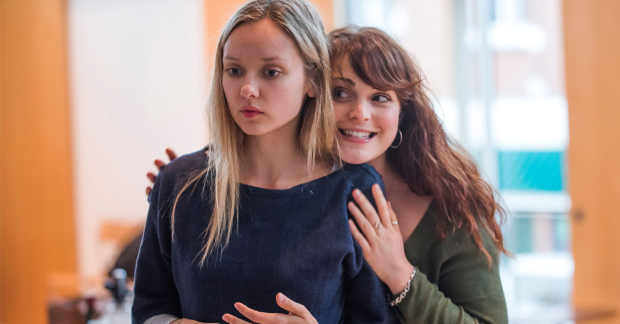
© Tristram Kenton
How did you discover Rattigan’s While the Sun Shines?
It was the most incredible thing. It’s a Rattigan play that no one knows about. Even real old hands. It was the biggest success of any play in his lifetime, but miraculously it just sat there ever since – it’s unpublished so you can’t get hold of it. I got hold of a second hand copy about five years ago and thought: "this is hilarious". It’s a really funny play.
Check out all our other regional theatre content here.
Much Ado About Nothing and Love's Labour's Lost run at Chichester between 29 September and 29 October. While the Sun Shines runs at Theatre Royal Bath from 13 to 30 July.




